A bizarre conspiracy theory emerged on Jesse Watters Primetime, claiming that Taylor Swift is being manipulated by the government to control public opinion. This theory, which suggests Swift’s popularity and political influence are part of a psychological operation, was highlighted on The View.
Hosts, including Whoopi Goldberg, discussed its implications, questioning why such an unfounded theory would gain media attention over more pressing issues facing the nation.
Whoopi Goldberg’s Stance on Priorities

On The View, Goldberg expressed disbelief at the focus on such a theory, especially when there are critical issues like healthcare, income inequality, and gun violence needing attention.
She emphasized the absurdity of considering Swift’s encouragement of voter registration as part of a government plot, arguing that influencing civic participation should be seen positively, regardless of the celebrity involved.
Jesse Watters’ Speculative Theory
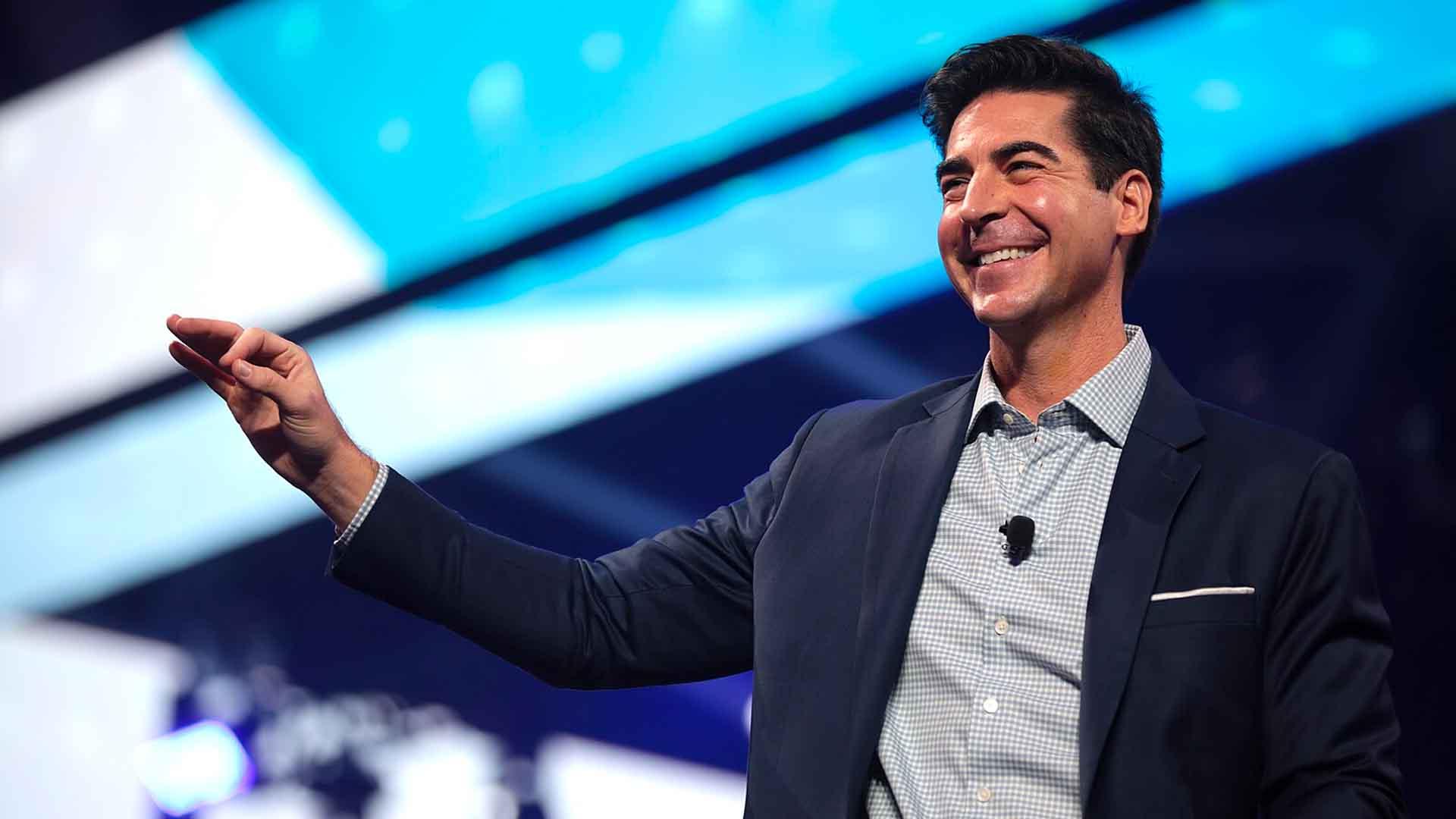
Jesse Watters, on his show, floated the idea that Swift’s rise to fame and her political stances might be influenced by government entities.
He linked her political engagement, particularly her efforts to encourage voter registration among her fans, to a supposed strategy by the Pentagon to use her as a tool for combating misinformation.
Taylor Swift and PsyOps

The theory proposed by Watters suggested that Swift could be a tool in psychological operations (PsyOps) conducted by the Pentagon. PsyOps are strategies used to influence an adversary’s emotions and decision-making.
While this idea seems far-fetched, it highlights the perceived power of celebrities in shaping public opinion and political discourse.
Taylor Swift’s Political Awakening
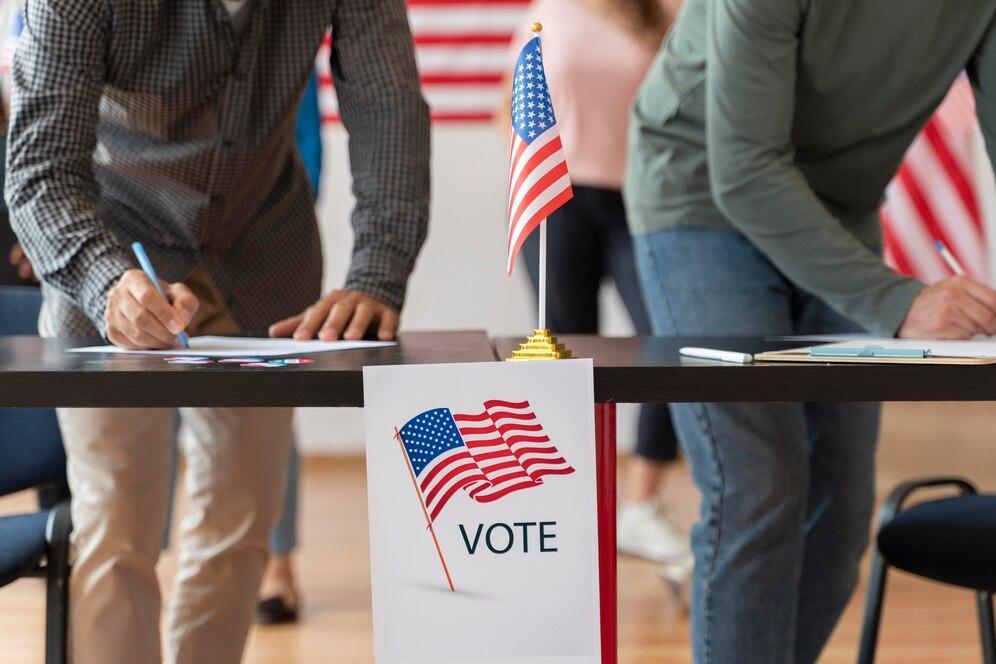
Taylor Swift has indeed been vocal in politics, breaking her silence on political issues in recent years. She has encouraged young people to register to vote and has publicly supported various social causes.
This political engagement, while significant, is common among celebrities and is a far cry from the manipulative government tool suggested in the conspiracy theory.
Diverse Reactions from The View Co-hosts
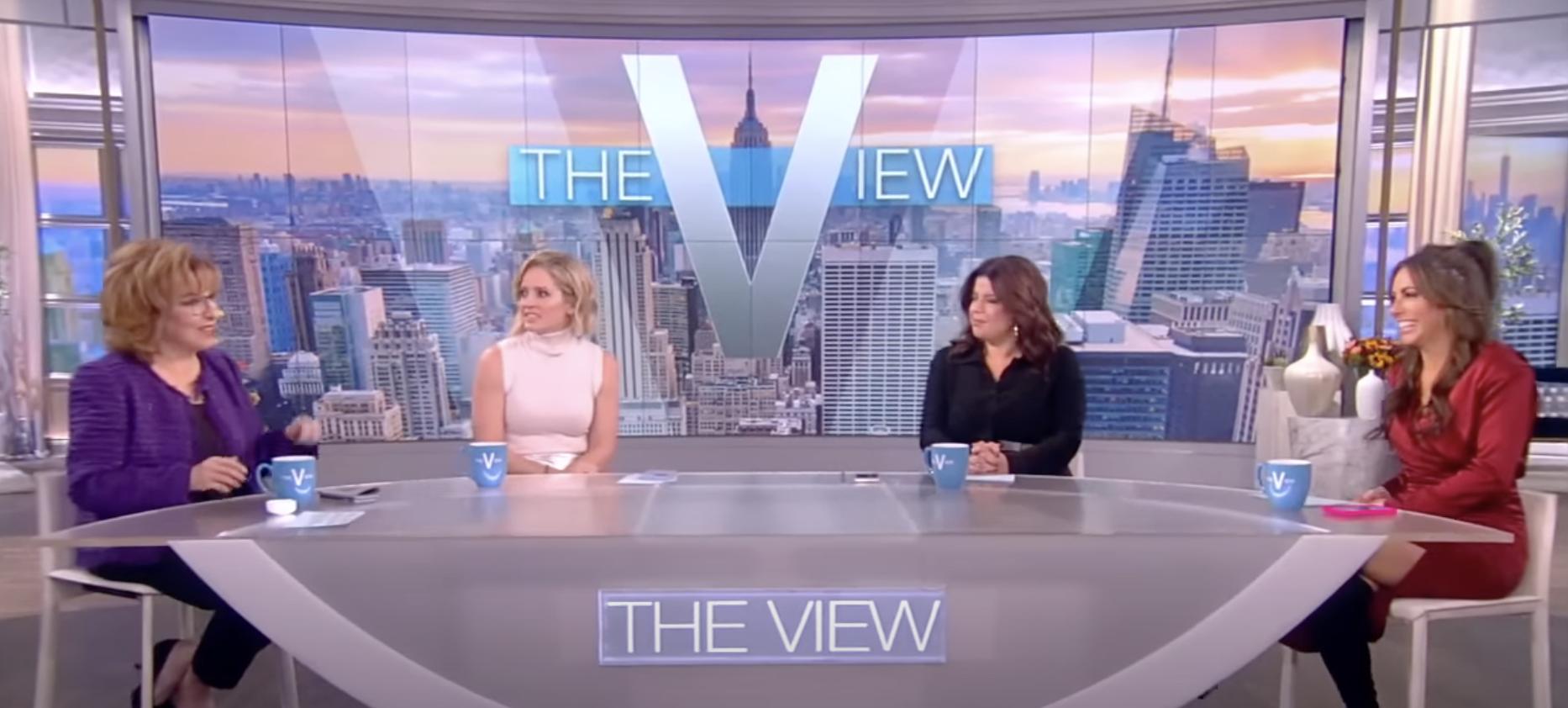
Co-hosts on The View offered various perspectives on the conspiracy theory. While some found humor in the absurdity of the idea, others pointed out the potential harm in such baseless speculations.
The conversation illustrated the wide range of reactions to celebrity involvement in politics and the ease with which conspiracy theories can permeate public discourse.
Celebrity Influence in Politics
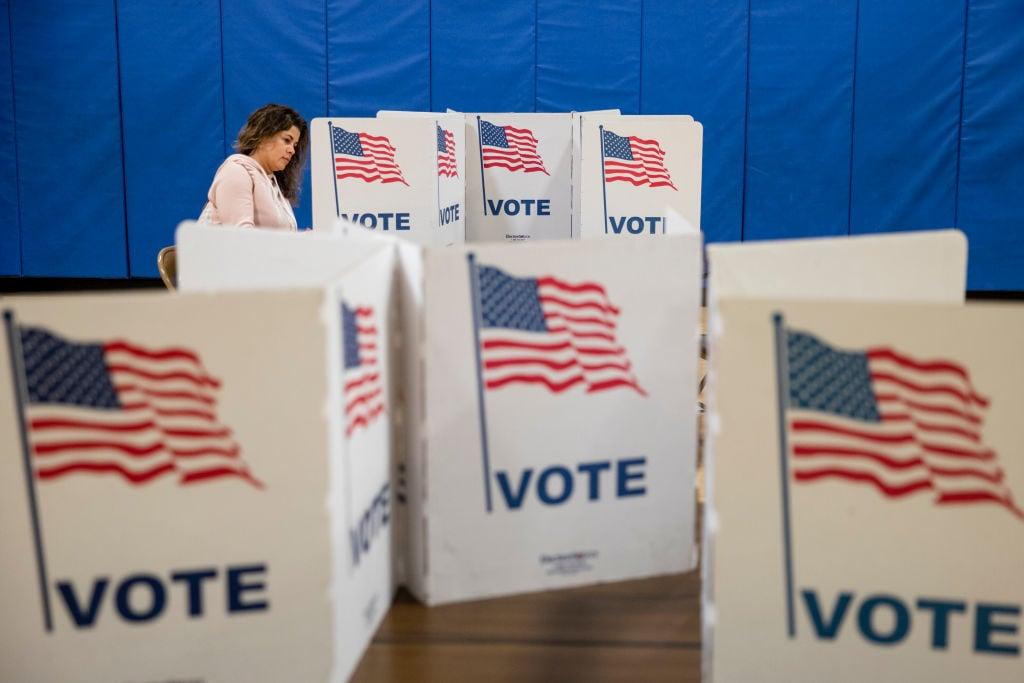
The discussion around Taylor Swift underscores the significant influence celebrities can have on political matters. Their platforms often extend beyond entertainment, enabling them to reach large audiences with political messages.
This influence, however, should not be confused with covert government operations, as the conspiracy theory suggests.
Connections to Pfizer and NFL Ratings

Watters also mentioned Travis Kelce’s Pfizer sponsorship and suggested a link between Swift’s relationship with Kelce and increased NFL ratings.
This part of the theory attempts to draw connections between different aspects of Swift’s personal life and her alleged role in a larger government strategy, though without any substantial evidence.
Media Sensationalism and Public Reaction

The spread of this conspiracy theory highlights the role of sensationalism in today’s media landscape. Such theories often gain traction due to their controversial nature, overshadowing more newsworthy topics.
The public’s reaction to this story has been mixed, with some dismissing it as absurd and others intrigued by the possibility, despite the lack of evidence.
The Pentagon’s Lighthearted Dismissal

The Pentagon responded to the conspiracy theory with a lighthearted statement, indirectly referencing Swift’s song “Shake It Off.”
This response suggests that the theory is not taken seriously by the Pentagon and serves more as a piece of sensationalist media rather than a credible claim.
The Allure of Conspiracy Theories in Media
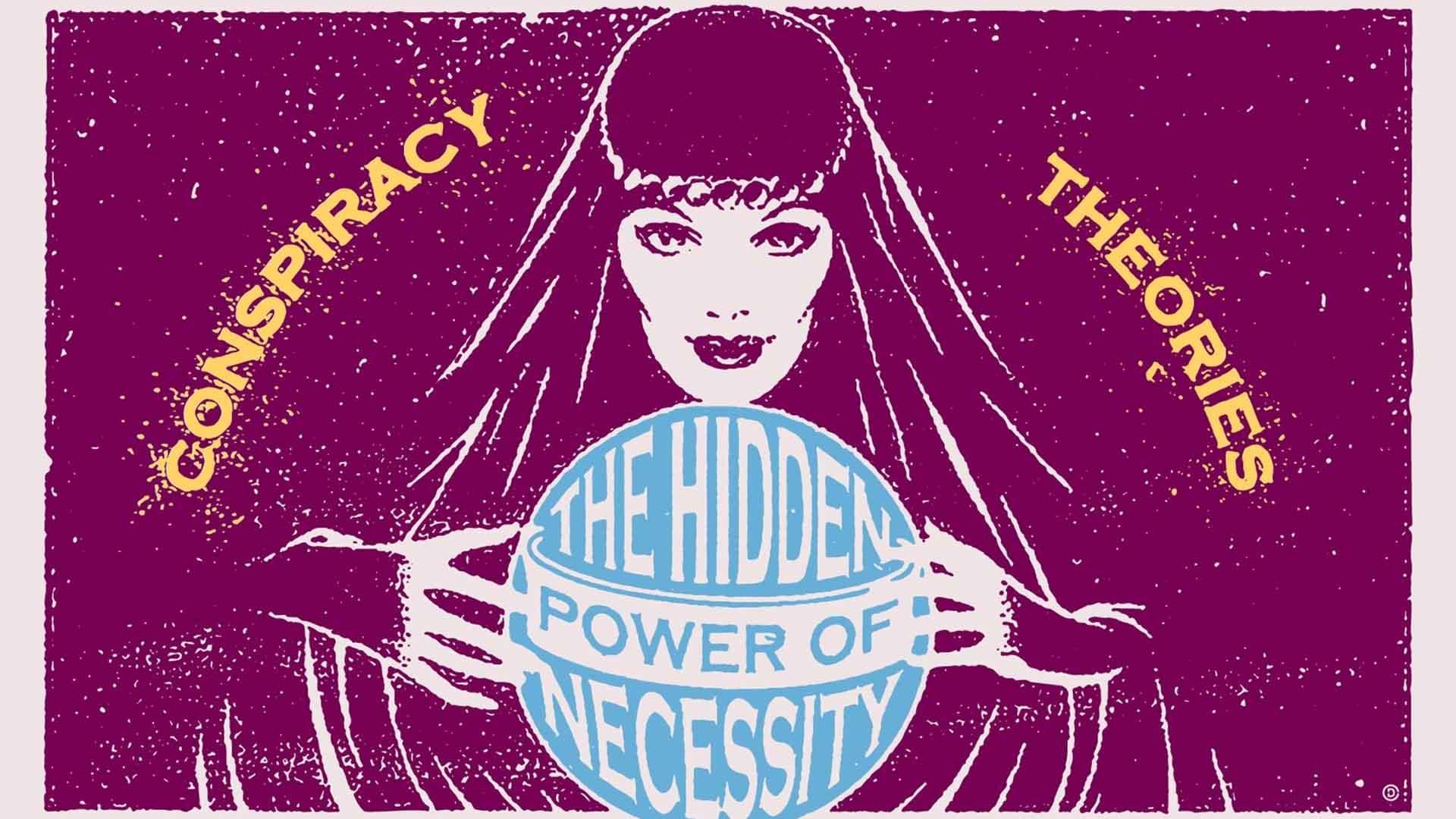
Conspiracy theories often capture the public’s imagination and can spread rapidly through media channels.
They tap into our fascination with the unknown and the allure of uncovering hidden truths. However, they can also distract from real issues and create a culture of misinformation.
Critical Thinking in Media Consumption

This episode serves as yet another reminder of the importance of critical thinking when consuming media. It highlights the need to distinguish between entertainment and reality, and the responsibility of media platforms to prioritize factual reporting over sensationalist stories.
As consumers, it’s vital to question and critically assess the information presented to us, especially in an age where conspiracy theories can easily gain ground.

